Swiss want sanctions squared with human rights
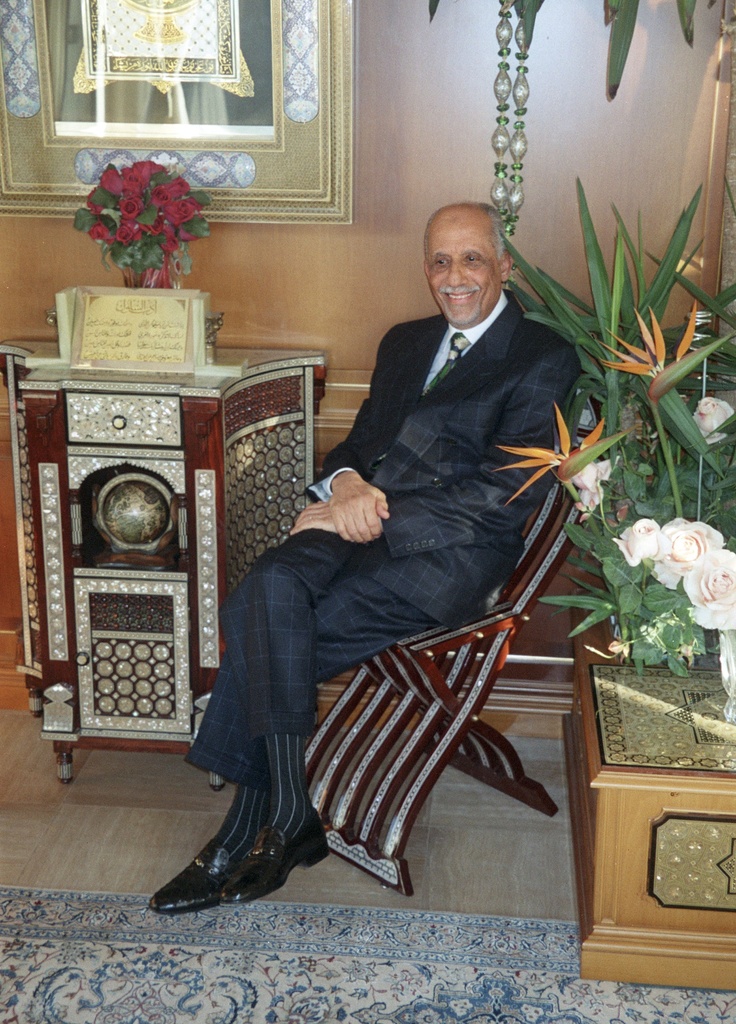
Switzerland is concerned that United Nations sanctions to combat terrorism could be weakened if they continue to ride rough-shod over fundamental human rights.
That is why Switzerland, with ten other countries, has presented new recommendations aimed at improving the sanctions regime so that basic legal norms are respected. These were discussed on Friday as part of an informal meeting of UN members.
The problem is that those subjected to sanctions because they are suspected of having dealings with terror groups have no real chance of appeal.
Starting in 1999 with Security Council resolution 1267 – binding on all UN members – and expanded in a number of follow-up resolutions, the measures are aimed at individuals and entities suspected of being associated with al-Qaeda, Osama bin Laden and the Taleban. They include targeted financial sanctions, travel restrictions and an arms embargo.
It is the UN sanctions committee – consisting of Security Council members – which decides who should be on the list, and who should be removed from it. It currently contains about 500 names.
Gradual progress
Switzerland supports international efforts to combat terrorism and implements the sanctions decreed by the Security Council, but it believes the system would be more effective if there were mechanisms to guarantee fundamental human rights.
It is one of a number of countries which have been trying for several years to promote a more transparent and fairer system. They have already had some success.
For example, in 2006 the Security Council agreed to the establishment of a so-called “focal point for delisting”, to which individuals and entities on the list can make a request to have their name removed.
And at the end of 2009 an ombudsperson’s office was set up to examine applications from anyone who felt they had been unfairly listed. But the ombudsperson does not have sufficient powers to be able to act as an independent appeals body.
Switzerland’s UN ambassador Paul Seger told swissinfo.ch more needs to be done.
“The improvements achieved do not go far enough. The system still doesn’t satisfy the norms of fundamental legal rights. In the long term this threatens to weaken the sanction regime,” he said.
The new proposals include the recommendation that those whose names appear on the list should have the right of appeal before an independent and non-partisan UN body.
The mandate of the ombudsperson should be broadened and the office be given better access to information about the reasons for the sanctions. It should also be able to recommend the lifting of sanctions if there is no longer any reason for them.
Legal conflict
Under existing human rights conventions, the accused is supposed to have a genuine right of appeal. And that also applies to anyone affected by the sanctions provisions.
An increasing number of cases have been brought in national or regional courts by persons or entities who believe their names have been wrongly included. A number of such courts have already concluded that there are human rights issues in the way the sanctions are applied.
A case is pending against Switzerland in this respect: the banker Youssef Nada is claiming at the European Court of Human Rights in Strasbourg that his fundamental rights were violated and he suffered material damage during the years his name was on the list.
Nada, an Egyptian-Italian dual national, resident in the Italian enclave of Campione d’Italia in Ticino, was blacklisted in 2001. The al-Takwa bank, which he chaired, was accused of having financed the attacks of September 11 that year.
Despite the fact that a four year investigation by the Swiss and Italian authorities failed to find any proof of the accusation, his attempts to get his name removed from the list failed. When he appealed to the Swiss government and Federal Court he was told that UN law prevailed.
Although he was finally delisted in August 2009, his case is still before the Strasbourg court. It was heard in March, but a ruling has yet to be issued.
Optimism
“Of course we can hardly expect all our new recommendations to be accepted and adopted by the Security Council at one go,” Seger admitted. He knows patience is needed. The past improvements were also achieved step by step, and it will be the same for the current proposals.
“The important thing is to find a way to harmonise the political process with the rule of law,” he said.
“We have started a dialogue with the Security Council as to how the recommendations could be implemented. And we have also held in-depth talks with individual members of the Security Council. Recently we had a very constructive meeting with the US mission.”
Such discussions will continue in the run-up to the next renewal of the sanctions resolutions, which is due in June. That is when any changes can be made.
“We have the impression that our proposals have been received very positively by many states,” said Seger.
UN Security Council resolution 1267, which is binding on all member states, introduced measures to combat terrorism in 1999.
It has been followed up by several further resolutions.
The measures include targeted financial sanctions, travel restrictions and an arms embargo against individuals and entities suspected of association with al-Qaeda, the Taleban or Osama bin Laden.
There are currently about 500 names on the list of those subject to sanctions.
Switzerland has applied them since 3 October 2000.
The group of states which is trying to bring the sanctions regime into line with fundamental human rights was established in 2005.
The group consists of Switzerland, Austria, Belgium, Costa Rica, Denmark, Finland, Germany, Liechtenstein, the Netherlands, Norway, and Sweden.
The case of Youssef Nada made clear how application of the UN sanctions is not always compatible with human rights.
Nada, an Egyptian-Italian dual national, was blacklisted in 2001, when his al-Takwa bank was accused of financing the September 11 attacks.
As a resident of the tiny Italian enclave of Campione d’Italia in Ticino, travel restrictions meant he was virtually under house arrest, since he could not enter Switzerland.
The sanctions against him remained in place, despite the fact that a four-year investigation found no proof of the accusation.
Inspired by the Nada case, in 2009 Swiss senator Dick Marty persuaded both houses of the Swiss parliament to adopt a motion limiting the abuses of the sanctions blacklist.
It called on Switzerland not to apply individual sanctions if they undermined fundamental human rights provisions.
After the motion was adopted, Nada’s name, and those of eight others, was removed from the blacklist.
Switzerland is so far the only country where the government is obliged to lift sanctions against a blacklisted person if no judicial authority has been asked to examine their dossier within three years.
(adapted from German by Julia Slater)

In compliance with the JTI standards
More: SWI swissinfo.ch certified by the Journalism Trust Initiative








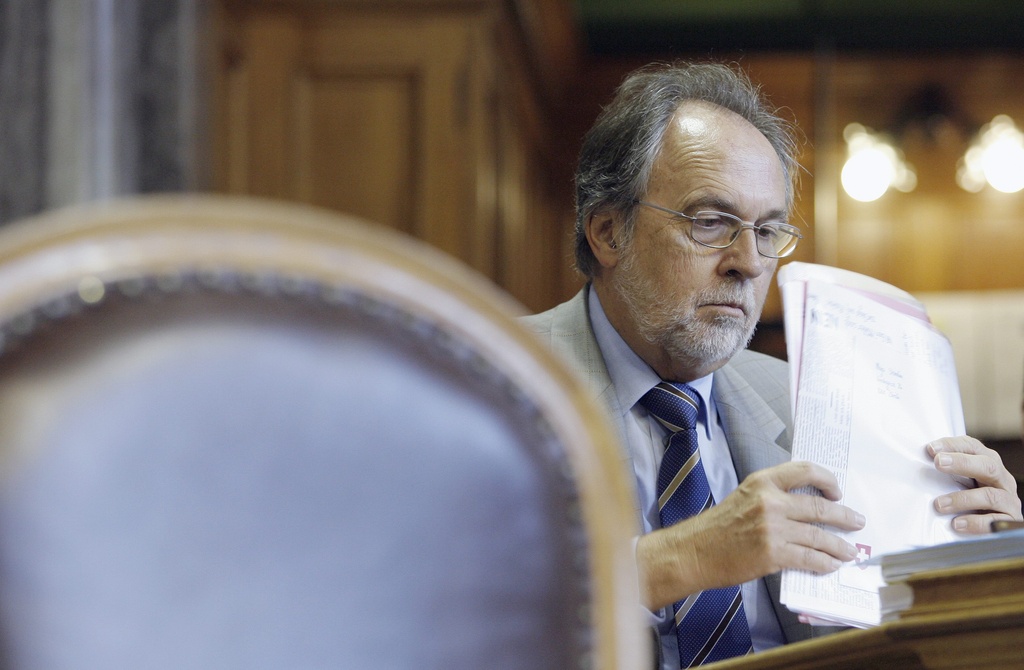
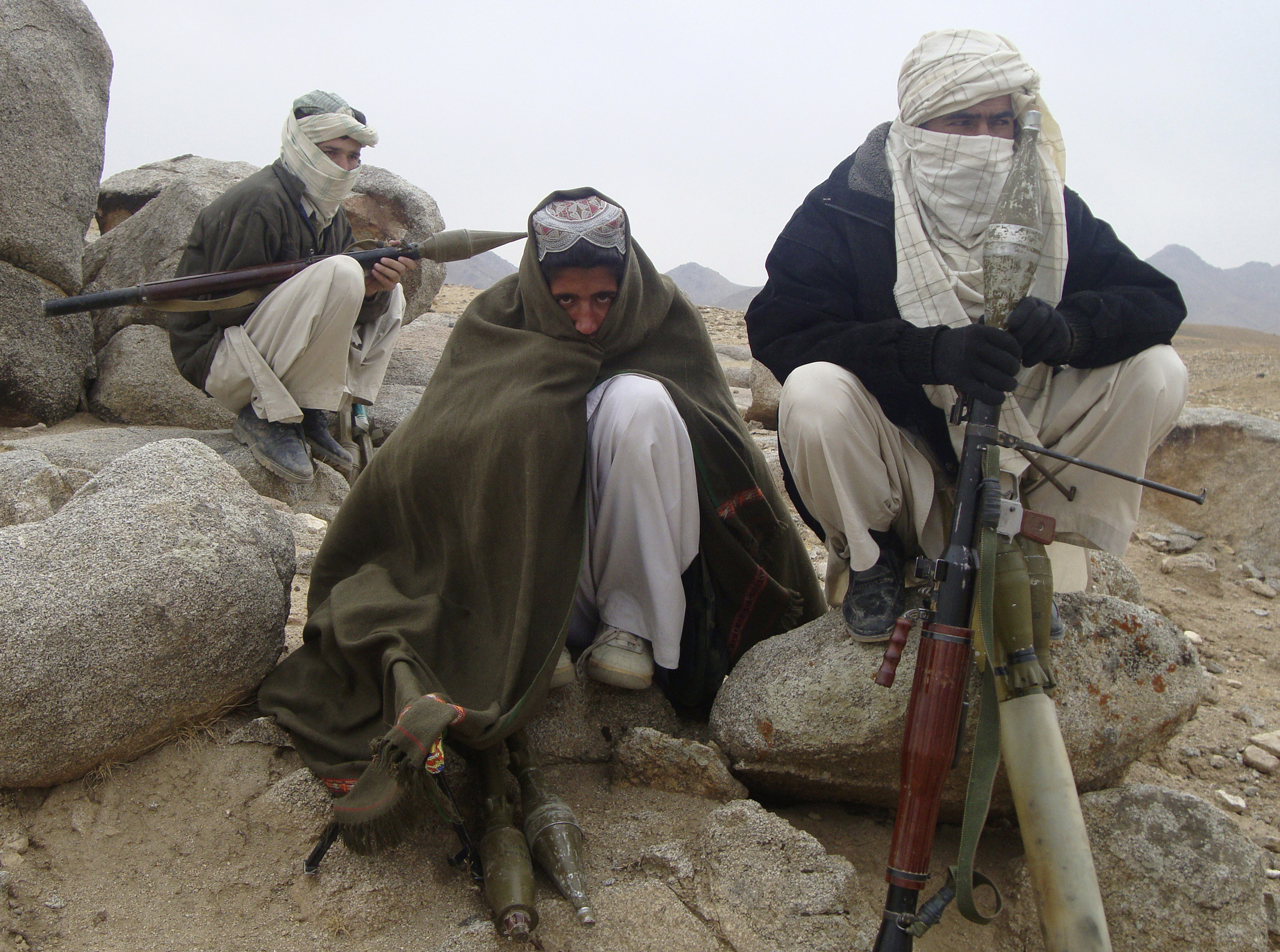
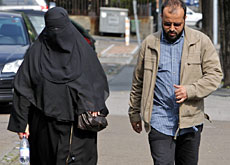
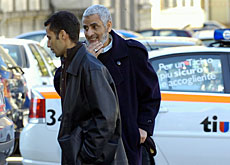
You can find an overview of ongoing debates with our journalists here . Please join us!
If you want to start a conversation about a topic raised in this article or want to report factual errors, email us at english@swissinfo.ch.